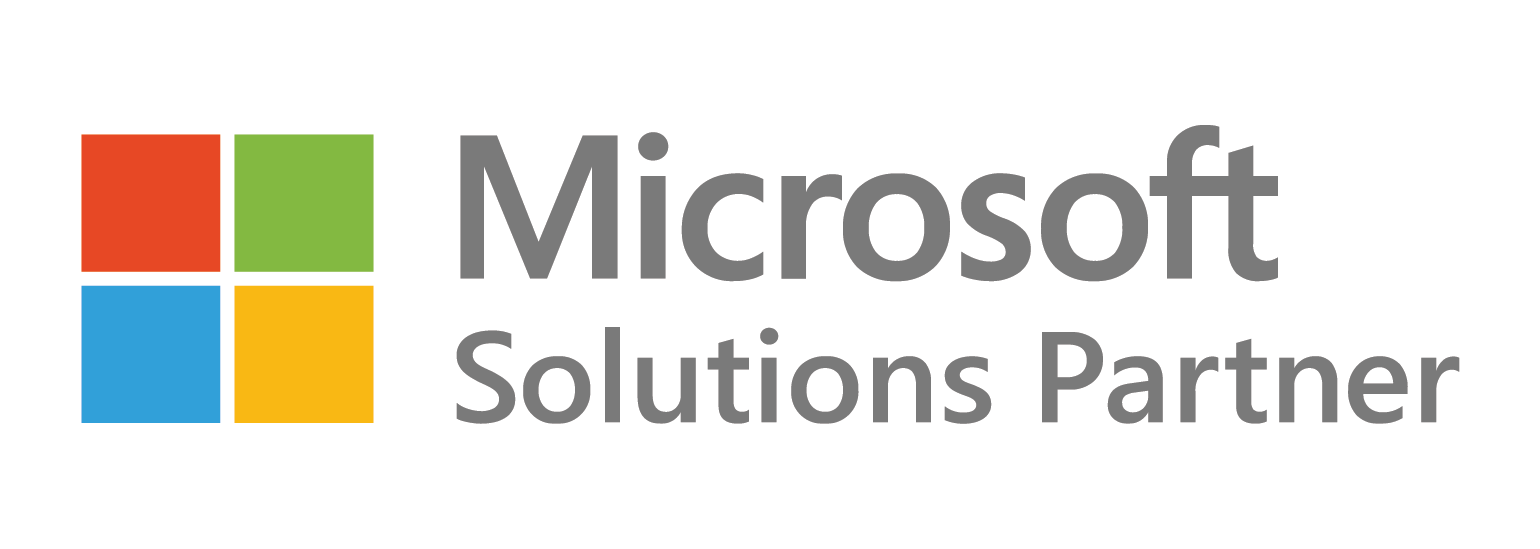What is the importance of the ERP system?
Do you need to see everything at your company at the same time?
I think if you are a business owner, general manager, or department of a team, your answer is yes.
As a result, we are writing this article to educate readers on the significance of ERP systems and how to leverage their benefits to grow businesses and increase ROI.
What is an ERP system?
Enterprise resource planning (ERP) is platform companies use to manage and integrate the essential parts of their businesses. Many ERP software applications are critical to companies because they help them implement resource planning by integrating all the processes needed to run their companies with a single system. This definition is based
based on investopedia website

10 Benefits of an ERP system
1-Make your business more agile.
In a business climate that is always evolving, flexibility is essential. An effective ERP system is flexible, modular, and scalable enough to alter in response to market and customer demands. Starting with a few applications that make sense right away, you may gradually add more seamlessly integrated applications as your business grows.
2-Increase productivity and efficiency
Spreadsheets that are inefficient, labour-intensive manual procedures, and outdated software may prevent your business from growing. An ERP system might centralize all of your data and streamline your whole firm, enabling more accurate reporting and a productive, team-based, and data-driven workplace.
3-Save on unnecessary costs.
An ERP system makes it easier to manage your business, which helps it become leaner as it grows. Many businesses assert that they can expand without increasing their IT budget or personnel count. The cost of implementing an ERP system is readily outweighed by the return on investment of a more efficient, fully optimized organizational environment.
4-Improve security and accessibility
You may reduce your risk and hardware costs by moving your ERP to the cloud. To embrace the future of information systems, choose a cutting-edge ERP that is housed in a secure cloud. By moving your ERP programmes to the cloud, you can quickly scale, expand, and modernize them. It further enhances visibility and accessibility by utilizing all of an ERP system’s features.
5- Better analytics
Having centralized data storage will help your analytics and reporting. Due to the fact that it records and preserves all data input by users, an ERP is a fantastic business intelligence tool. If your supplier has comprehensive features, ERP software helps your team to generate multiple reports more quickly and simply. To produce the same reports without an ERP, much research and compiling would be required.
Executives can access reports on the customized dashboard that most ERP solutions give when they first log in to the system. These reports might range from income and expense statements to certain KPIs that offer details about specific activities.
6-Improved collaboration
The benefits of ERP programmers may vary slightly depending on the software you’re using, but overall, all systems improve teamwork in some way. As has already been said, an ERP’s unique features are greatly influenced by its primary database. With this database, you provide your company with a single point of truth from which to operate. Expenses are further reduced by minimizing errors brought on by the use of erroneous data.
Furthermore, a single database reduces any hesitation or delays during projects since all team members have access to the corporate data they need. Additionally, there is no requirement to aggregate data from various systems or sources.
7-Access new technologies
By locating cloud apps that are compatible with the outdated components of your ERP software, you may benefit from the quickly changing nature of new technologies and the altering paradigms of user behaviors.
These offer complementary solutions that immediately increase business value and capabilities without materially altering your company’s operational processes.
8-Improved production planning and resource management
Inventory management and production management are also overseen by ERP. Every facet of the manufacturing, including shop floor activities, is visible thanks to ERP. This enables customers to maximize capacity through the optimization of production schedules, equipment, and labour.
9- manages your fixed assets
ERP also manages your fixed assets and bill of materials (BOM). Using this tool, users can easily create and modify BOMs and keep track of any previous changes. With the help of fixed asset management, users may schedule equipment maintenance to reduce unscheduled downtime and increase profitability and relationships with their supply chain.
10-Improve inventory monitoring
Businesses that are growing have a lot to worry about when it comes to monitoring and managing their rising inventory levels. Using barcoding, RFID tags, and serial numbers, ERP keeps track of your inventory at every stage of the supply chain. These technologies allow you to monitor the inventory levels in various warehouses, the items that are being delivered, and the products that are on the shelves and available for purchase. The enhanced warehouse visibility, which eliminates all of the uncertainty, greatly optimizes the pick, pack, and ship process.
Inventory monitoring also improves reporting since tracking systems generate more accurate data. Users can set up distinctive KPIs to monitor which products sell the fastest.
Conclusion
The ERP system is the magical administration system to control your company and control every step to increase ROI and book your seat in the future, you can know more about ERP through our website Pioneers it.



